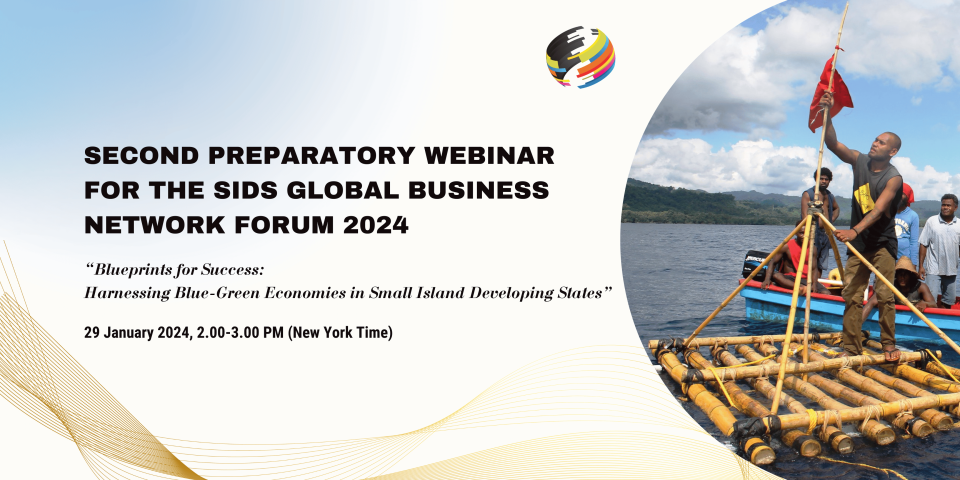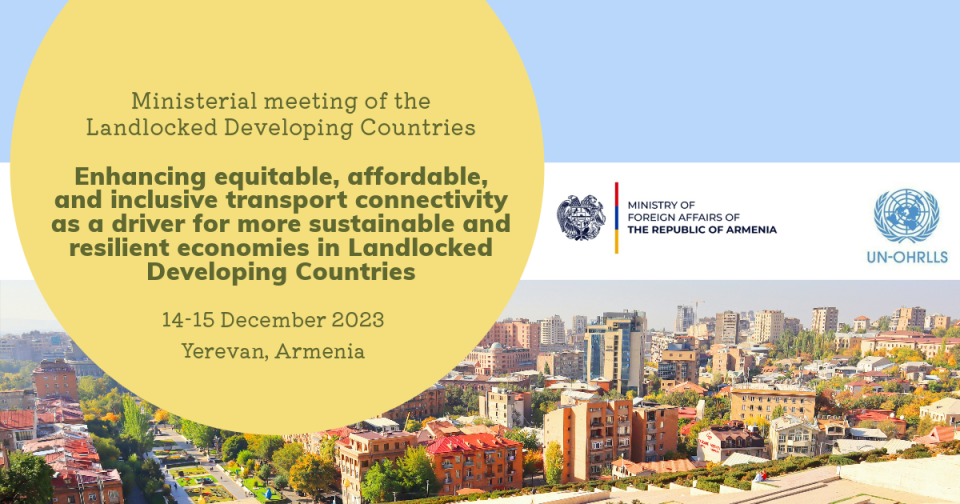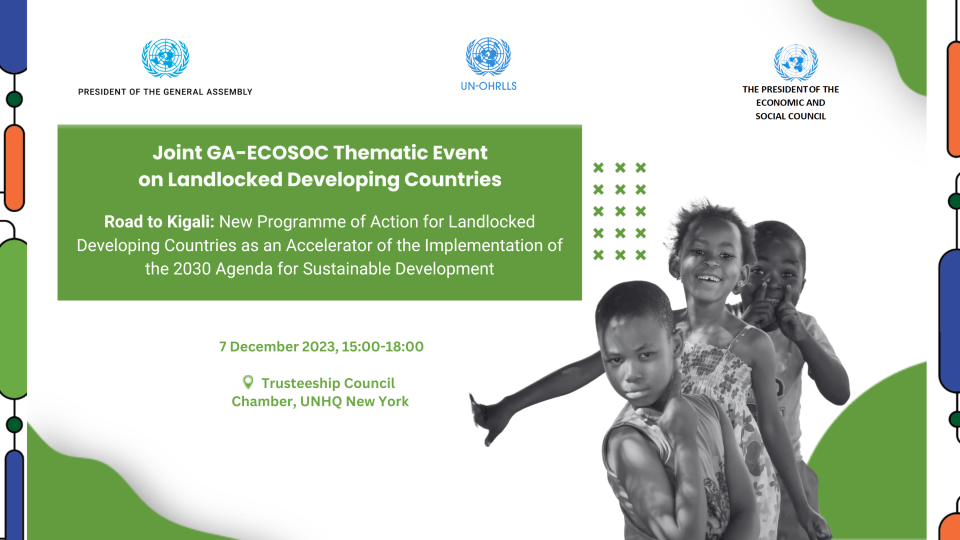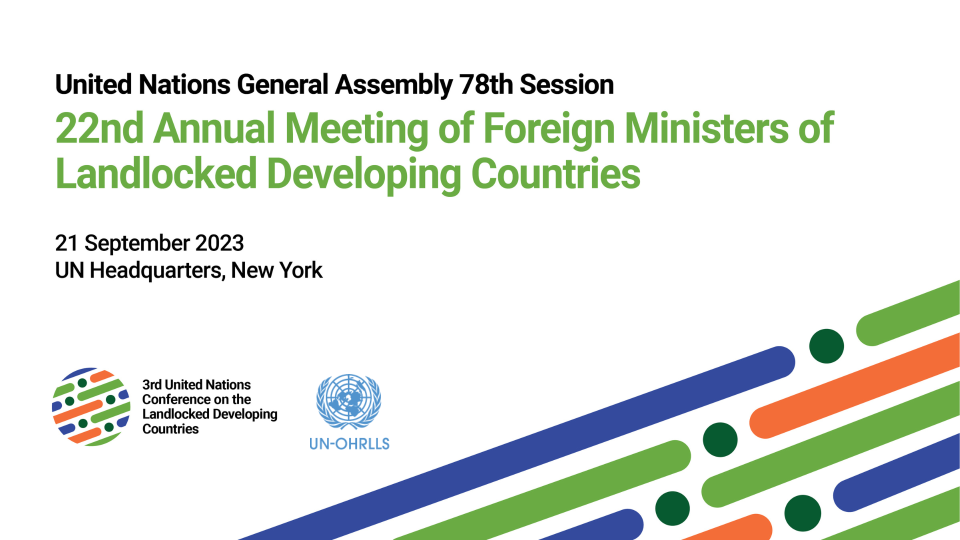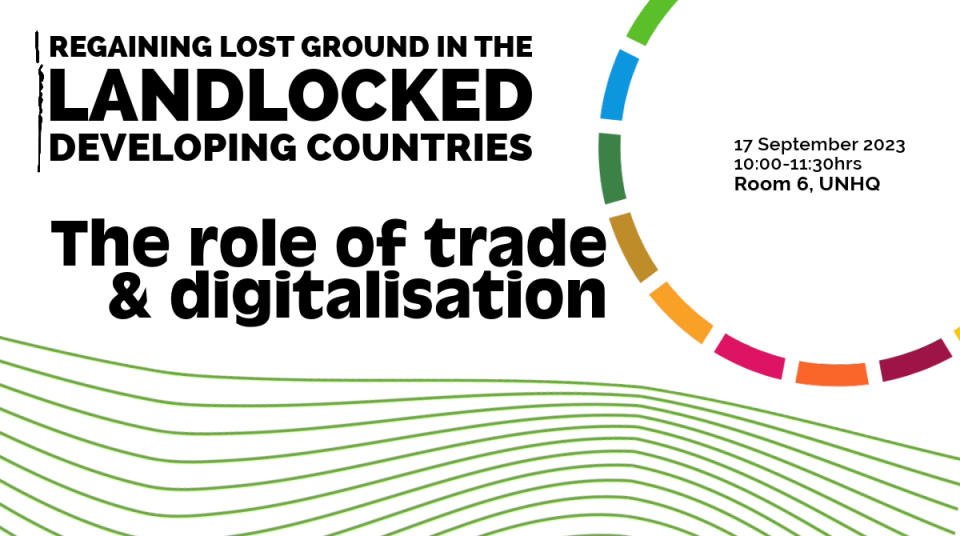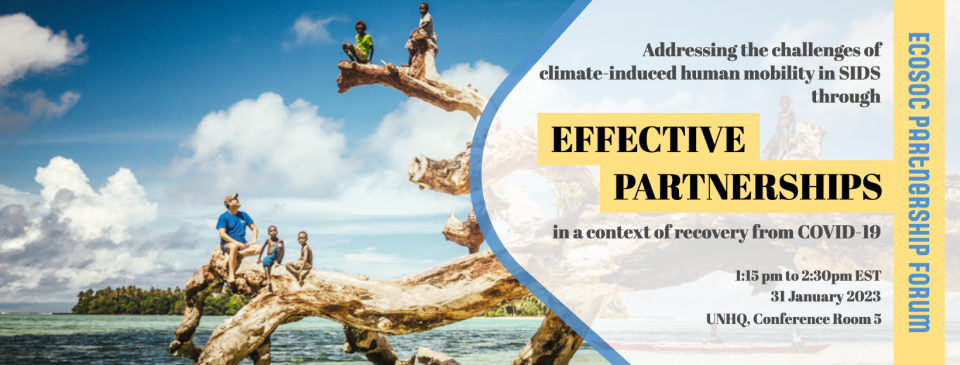Blue Horizons: Advancing Ocean Action for Least Developed Countries, Landlocked Developing Countries, and Small Island Developing States
2025 UN Ocean Conference Side Event
The ocean is a critical resource for Least Developed Countries (LDCs), Landlocked Developing Countries (LLDCs), and Small Island Developing States (SIDS), providing food security, trade routes, economic opportunities, and livelihoods. However, these countries face distinct challenges that hinder their ability to fully benefit from ocean resources and participate in the blue economy.
For coastal LDCs, the ocean is a vital source of food, income, climate regulation, and development opportunities. Protecting and sustainably managing ocean resources is not only key to their economic growth but also to their long-term environmental and social resilience. Due to constraints in technical, institutional, and financial capacities, LDCs face significant challenges in accessing and utilising marine resources effectively for their sustainable development. With the adoption of the BBNJ agreement, and the aim to protect biodiversity beyond national jurisdiction, assessing and reviewing the capacity needs of LDCs, identifying and mobilizing funds, as well as reviewing the actual support provided will be critical for LDCs to respond to new opportunities and ensure they are not left behind.
For Landlocked Developing Countries (LLDCs), lacking direct access to seaports necessitates reliance on neighboring coastal nations for transit, leading to higher trade costs and logistical challenges. This dependency often results in LLDCs having a mere 1% share of global trade, while their transit coastal neighbours account for approximately 24%.
Due to their geographic isolation, the cost of trade for LLDCs can be double that for coastal countries, significantly affecting their economic competitiveness. Strengthening connectivity to seaports through sustainable transport corridors and reducing trade barriers is essential for LLDCs to better integrate into the global economy.
SIDS depend heavily on the ocean for economic activity, with fisheries and marine tourism accounting for a significant portion of GDP and employment. Fisheries alone represent up to 70% of exports in some SIDS, making them a primary driver of economic activity. However, SIDS face severe threats from overfishing, climate change, and marine biodiversity loss, exacerbated by limited capacity for sustainable ocean governance and conservation. Additionally, the cost of importing food and fuel remains among the highest in the world, increasing economic vulnerability.
Despite these challenges, LDCs, LLDCs, and SIDS play a vital role in advancing SDG 14. Targeted investments, international partnerships, and innovative policies are needed to empower these vulnerable economies to harness the benefits of a sustainable blue economy while ensuring ocean conservation and climate resilience.
This side event will explore strategies to enhance ocean action through investment, governance frameworks, and partnerships that support sustainable fisheries, climate resilience, and blue economy opportunities for LDCs, LLDCs, and SIDS.



